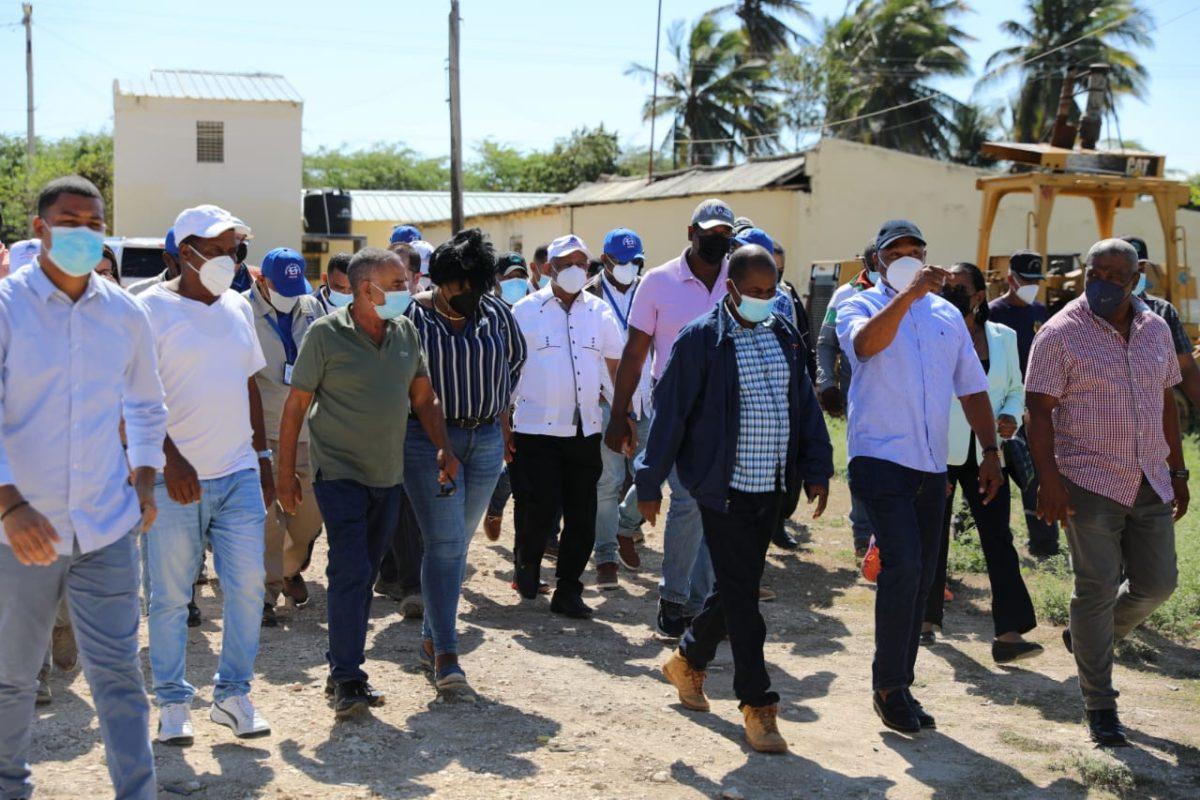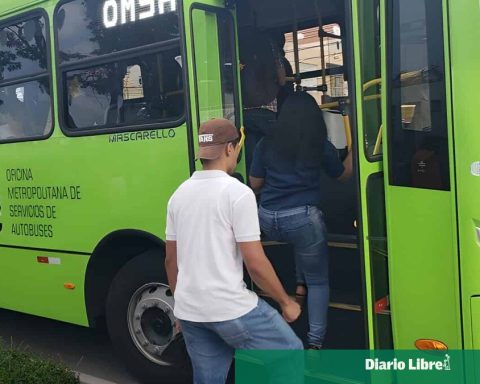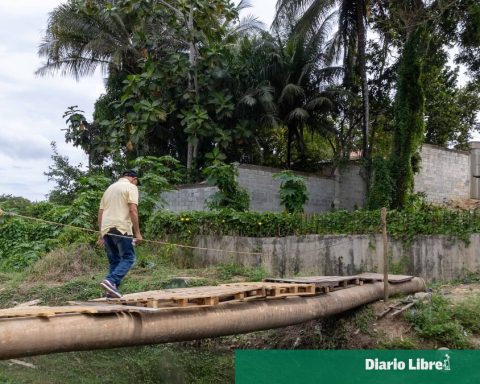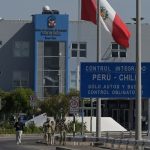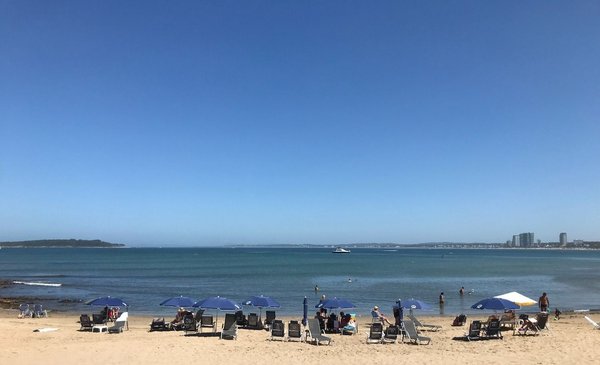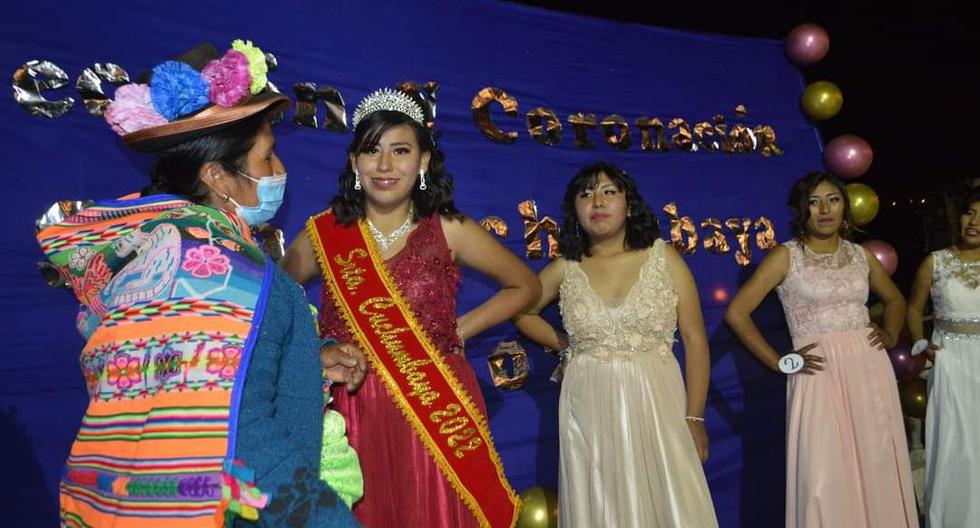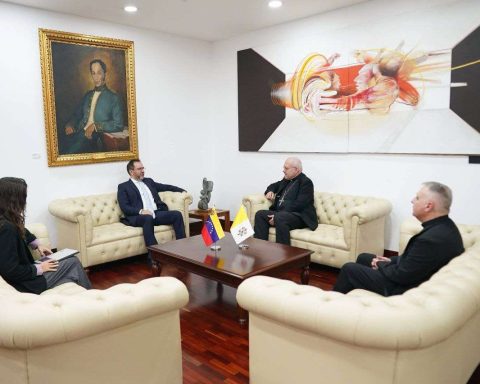BARAHONA: The Dominican Agrarian Institute (IAD), and the National Institute of Hydraulic Resources (INDRHI), carried out an inspection tour of the Juancho Valley Development Project (Prodevaj), with the aim of rehabilitating it for its relaunch, an interest expressed by President Luis Abinader from the beginning of his administration.
The tour was led by Francisco Guillermo García, general director of the IAD, and Olmedo Caba, executive director of INDRHI, along with Claudio Caamaño, director of the Commission for the Promotion of Modernization of the National Irrigation System, who listened to the concerns of the farmers. from Prodevajas well as community and municipal leaders.
The productive lands of the area, made up of communities from Barahona and Pedernales, are located in the area of influence of the Nizaíto canal, built to carry water for agriculture and human consumption.
Prodevaj is an associative project made up of three farms with 6,000 tasks each, divided into blocks of 500, occupied by 32 farmers, whose original design included a lagoon for 46 million gallons of water, which would be sent to the plantations by a drive pump system.
The Prodevaj was created to take advantage of the potential of the Nizaíto interprovincial canal, built in 1994, with an irrigation capacity for some 4,000 hectares (64,000 tasks for agricultural and livestock production), and at the same time use an updated drip irrigation system from the canal, with the capacity to irrigate 18,000 tasks to be planted with products of high national consumption.
It is estimated that at least another 12,000 tasks are dry.
In his speeches before the farmers of Juancho, from the peasant communities of Barahona and Pedernales, García said that the IAD would deliver the necessary lands to the farmers settled in the agricultural development project, as guaranteed by President Abinader, for which he valued the presence of INDRHI on the route, committed to carrying the required water, as announced by its head Caba.
The director of the IAD maintained that the agency has the land to provide Prodevaj farmers with plots of up to 30 tasks, due to the complaint of some present that they had been settled on land with only 16 tasks.
“We know that in this area 16 tasks is not enough to produce in such a way that they can live in a dignified way, as a farmer deserves, but the IAD can take them up to 30 tasks,” said García.
On his side, the director of INDRHI assured that his institution will do the pertinent work to bring water to the Juancho Valley, after several years of deterioration and abandonment of its irrigation canals.
After listening to the explanations of technicians and farmers, Caba said that there are several possibilities to bring water to the area, because only in the municipality of Paraíso there are rivers and other water sources that can be used without causing damage to the ecosystem.
Similarly, Caamaño, of the Commission for the Promotion of the Technification of the National Irrigation System, expressed his agreement that water be taken from sources such as the Los Patos River, which flows into the sea, keeping as a reserve groundwater resources for the population.
Prior to the meeting in the deteriorated offices of Prodevaj, in Juancho, a meeting was held in the Paraíso municipal hall, with officials, local leadership, technicians and community leaders.
Abinader and his commitment to the development of the South
On repeated occasions, President Abinader has guaranteed that he will encourage small producers in the so-called Deep South of the Dominican Republic, to increase agricultural production, destined for the tourist hotels that are projected in the Pedernales province.
